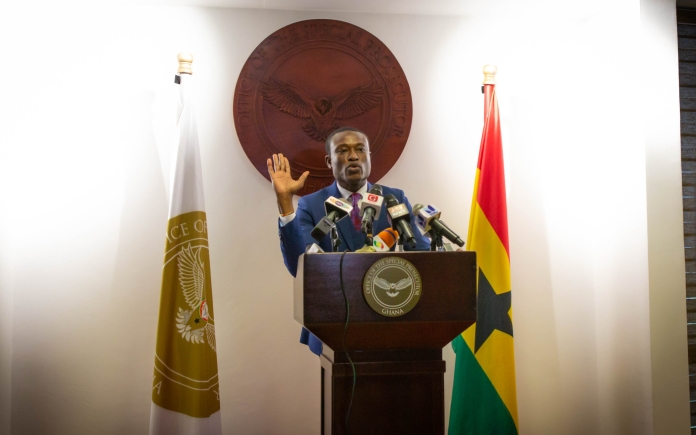
The Special Prosecutor, Kissi Agyebeng, has laid out a comprehensive set of recommendations to bolster Ghana's fight against corruption.
In a stern address titled Corruption and Justice: Where Does Ghana Stand? delivered on Tuesday, January 30, at the launch of the 2023 Corruption Perceptions Index (CPI) by Transparency International, Agyebeng characterized the current situation as an unruly bride resisting agreeable domestication and expressed concern over the country's persistent score of 43 on the Corruption Perceptions Index (CPI).
Agyebeng's key recommendations include:
- Entrenching anti-corruption institutions in the Constitution and expanding their powers.
- Protecting these institutions from political interference and reprisals.
- Guaranteeing adequate resources and true judicial independence.
- Establishing a specialized anti-corruption court and providing competitive salaries for legal officers.
- Fostering a culture of truth and integrity within these institutions.
Ghana's performance in the recently released Corruption Perceptions Index (CPI) by Transparency International highlights the need for urgent action. Ghana is ranked 70th out of 180 countries, maintaining a score of 43 out of 100, unchanged since 2020. While the country outperformed several Sub-Saharan African nations, it lagged behind others, indicating a diverse landscape of anti-corruption efforts across the continent.
The 2023 CPI, themed Corruption and Justice, draws attention to a global trend of faltering justice systems, creating an environment conducive to corruption. The Rule of Law Index published by the World Justice Project further emphasizes the correlation between access to justice and levels of corruption. Ghana's decline in the Rule of Law Index from 2015 to 2023 underscores the vital relationship between effective justice systems and successful anti-corruption measures.
François Valérian, the Board Chairman of Transparency International, stressed that corruption persists until justice systems can effectively punish wrongdoing and hold governments accountable. The Rule of Law Index indicates a global decline in the functionality of justice systems, with countries scoring low on the index also performing poorly on the CPI.
In response to these findings, the Ghana Integrity Initiative (GII) has recommended specific actions to address weaknesses in the justice system and enhance anti-corruption efforts. These include urgent steps to present the Conduct of Public Officers’ Bill in Parliament, bridging legal gaps for the prosecution of selected corruption cases, providing necessary resources for the justice system, reforming laws on defamation, and expanding the Public Relations and Complaint Unit (PRCU) of the Judicial Services.
Ghana now faces the critical challenge of implementing these recommendations to fortify its justice system and effectively combat corruption. The success of these measures could pave the way for a more transparent and accountable governance structure in the country.
Read Full Story


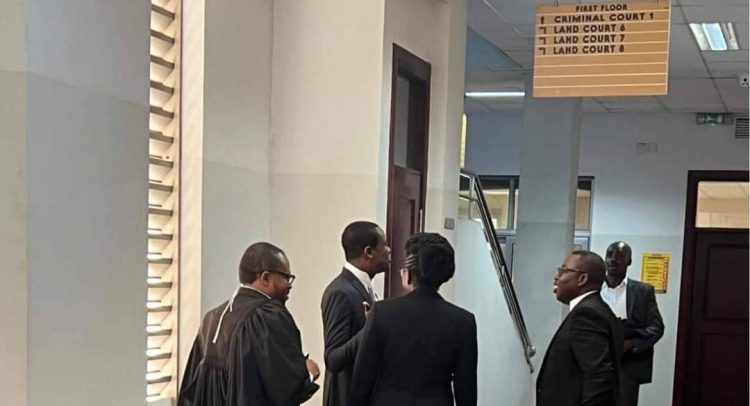
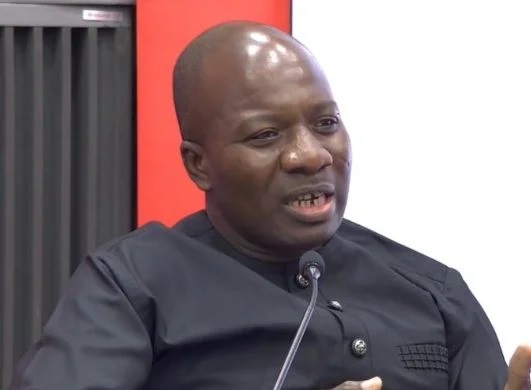
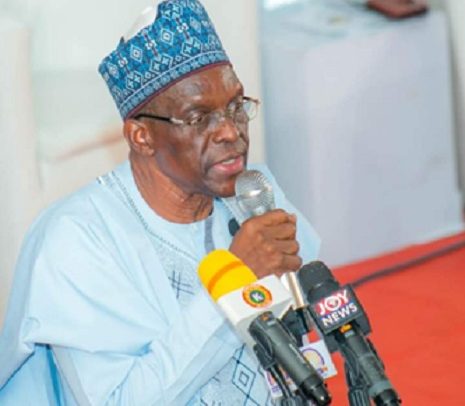

![Dormaahene hails Mahama, vows to carry him at his back if cedi hits GH?8 to $1 [Video]](https://sportal365images.com/process/smp-images-production/pulse.com.gh/01062025/e9150a95-eb04-4066-bf2d-fef977524ffe.png)

![Hajia4Reall makes a bold comeback with new music after U.S prison sentence [Video]](https://sportal365images.com/process/smp-images-production/pulse.com.gh/01062025/88287b98-5b5d-4e81-b3b1-c4adb7b6ee54.png)
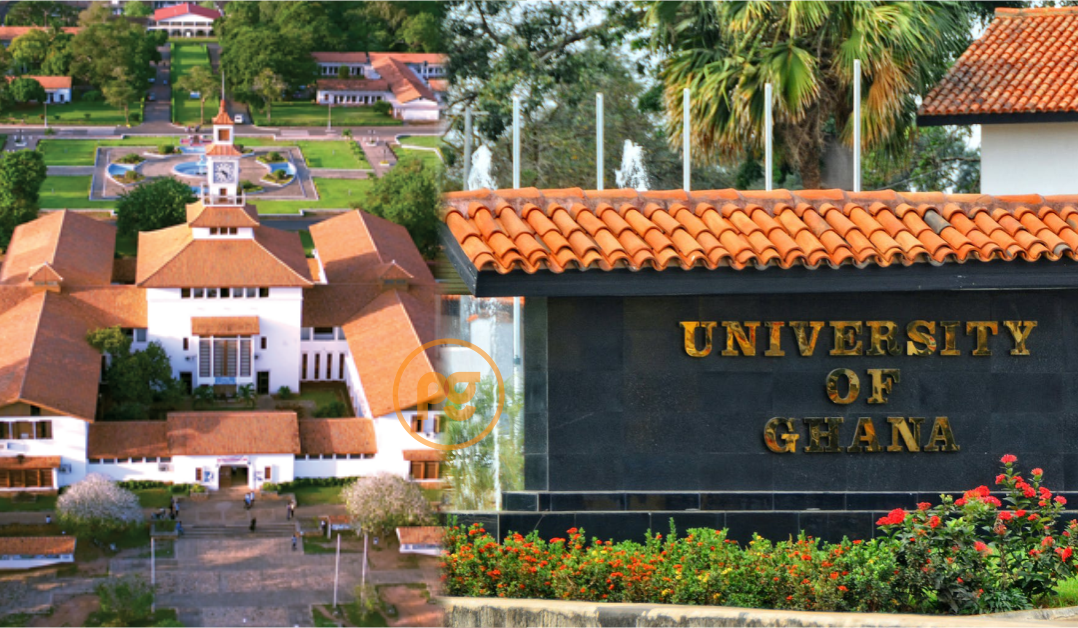

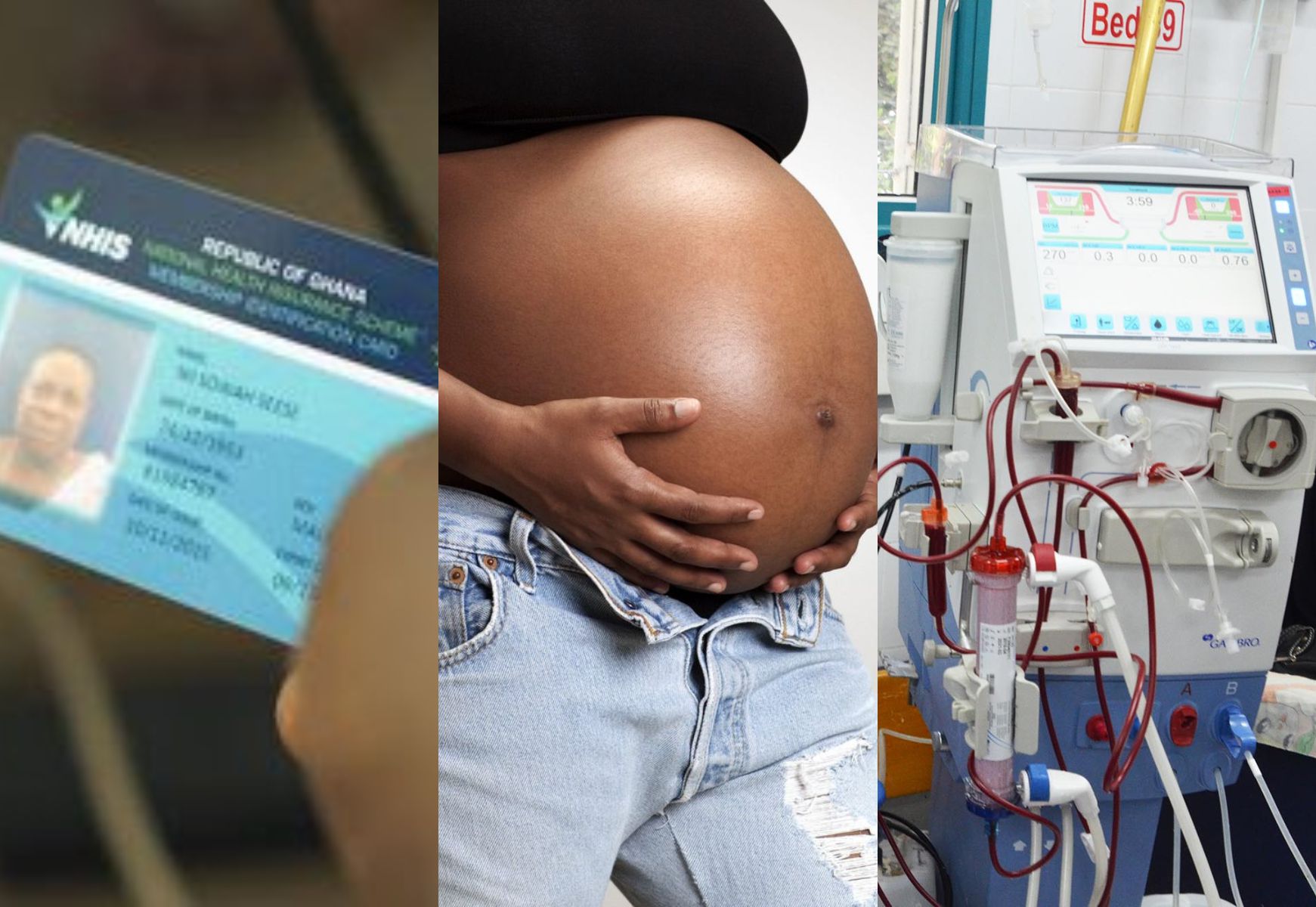











Facebook
Twitter
Pinterest
Instagram
Google+
YouTube
LinkedIn
RSS